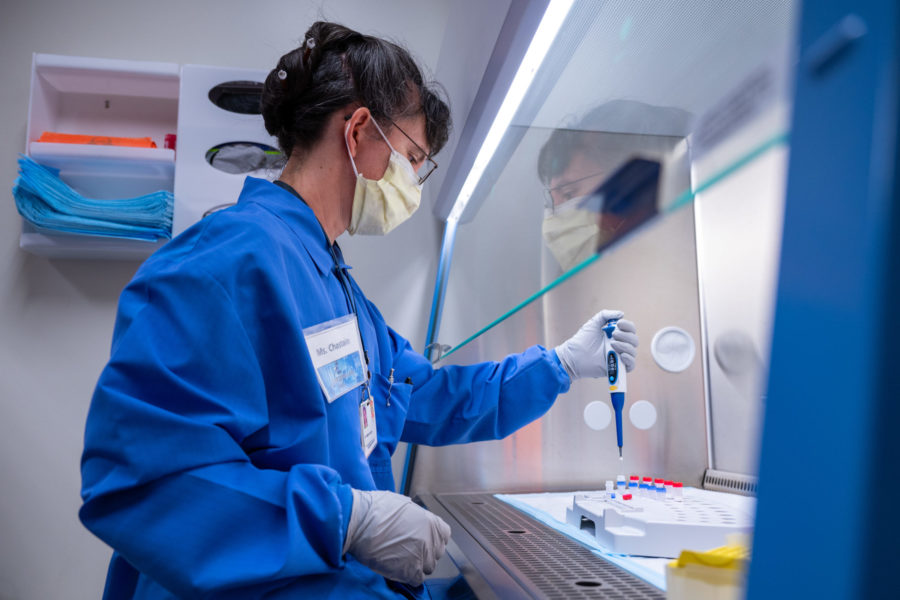The Office of the Undersecretary of Defense for Personnel and Readiness revised the Defense Department’s COVID-19 guidelines in a memo dated Aug. 8.
The new rules represent the second revision to the guidelines. They clarify what’s meant by being “up to date” on COVID-19 vaccines and when personnel must wear masks in vehicles, among other changes. The revised guidelines specify that:
- Installation commanders must change their base’s Health Protection Condition Level (HPCON) based on the Centers for Disease Control and Prevention’s Community Level in the local county. Commanders must raise a base’s HPCON level no later than two weeks after the CDC raises its “Community Level” for the county the base is located in; and may lower the HPCON no sooner than two weeks after the CDC lowers the Community Level. Commanders no longer must coordinate with other nearby base commanders for “consistency in response and unity of messaging.”
- Contact tracing activities will prioritize investigation of “cases, clusters, and outbreaks involving high-risk congregate settings, unusual clusters of cases, and … novel or emerging variants that post a significant risk for severe disease, hospitalization, or death.”
- Personnel must self-screen for symptoms before entering a DOD facility “or interacting with members of the public in person as part of your official duties.” Those with symptoms or who feel sick must stay home. Symptoms for self-screening are outlined by the CDC.
- Maintaining six feet of physical separation between individuals no longer applies to students in DOD schools.
- Personnel must wear masks in indoor spaces on DOD transportation including aircraft and boats regardless of vaccination status or DOD Community Level. Whereas masks had been required in low-occupancy vehicles such as cars or vans when the Community Level was “High,” the new guidelines merely recommend masks in low-occupancy vehicles—but do so regardless of Community Level.
- Someone is up to date on vaccinations when they’ve received “all recommended COVID-19 vaccines, including any booster doses recommended when eligible.”
- Close contacts of infected individuals no longer must quarantine if the contact’s vaccination status is up to date. Close contacts whose vaccination status is not up to date must quarantine for five days.
- Meeting organizers must require attendees to “follow the applicable requirements” for physical distancing in Section 5.2 of the guidelines.
- The commander of U.S. Transportation Command has the authority to waive travel-related requirements “in order to continue execution of the Joint Deployment and Distribution Enterprise as required to protect and sustain the joint force globally.”
- Evacuations and permanent changes of station are now considered “mission-critical” as they pertain to travel guidance.
- DOD contracting officers may, but no longer must, require contractor personnel complete a risk assessment, including a self-health assessment, prior to traveling outside the U.S.
- The cost of travel-related testing may be claimed as an expense.
